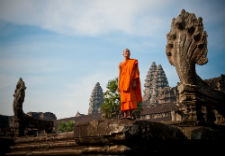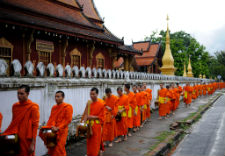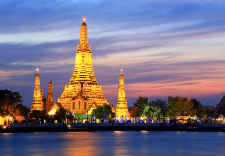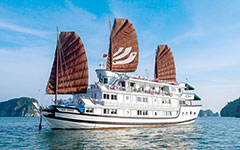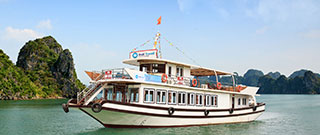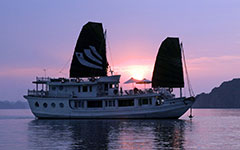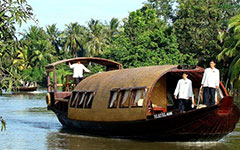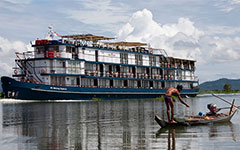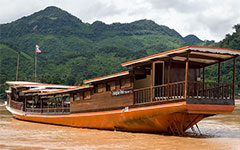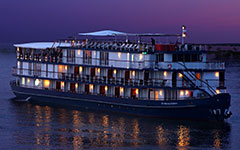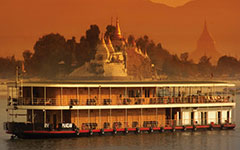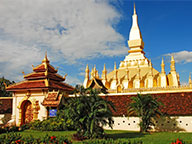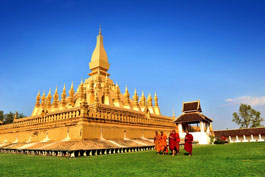Health & Safety
Vaccination
You should be up to date on routine vaccinations while traveling to any destination. Some vaccines may also be required for travel.
Make sure you are up-to-date on routine vaccines before every trip. These vaccines include measles-mumps-rubella (MMR) vaccine, diphtheria-tetanus-pertussis vaccine, varicella (chickenpox) vaccine, polio vaccine, and your yearly flu shot.
What risk?
Get travel vaccines and medicines because there is a risk of these diseases in the country you are visiting. Ask your doctor what vaccines and medicines you need based on where you are going, how long you are staying, what you will be doing, and if you are traveling from a country other than your country
The standard of medical facilities throughout Thailand varies. While private hospitals with international standard facilities can be found in major cities, services can be limited elsewhere. Private hospitals generally require confirmation of insurance or a guarantee of payment before admitting a patient. Costs can be very expensive. Generally, serious illnesses and accidents can be treated at private or public hospitals in Bangkok and other large cities. However, medical evacuation to a destination with the required facilities may be necessary in some cases at considerable cost.
The rate of HIV/AIDS infection in Thailand is high. You should exercise appropriate precautions if engaging in activities that expose you to risk of infection.
Malaria exists throughout the year in rural areas of the country, particularly near the borders with Cambodia, Laos, and Burma
When traveling in Thailand, you should avoid mosquito bites to prevent malaria. You may need to take prescription medicine before, during, and after your trip to prevent malaria, depending on your travel plans, such as where you are going, when you are traveling, and if you are spending a lot of time outdoors or sleeping outside. Talk to your doctor about how you can prevent malaria while traveling
Hepatitis A: CDC recommends this vaccine because you can get hepatitis A through contaminated food or water in Thailand, regardless of where you are eating or staying.
Hepatitis B: You can get hepatitis B through sexual contact, contaminated needles, and blood products, so CDC recommends this vaccine if you might have sex with a new partner, get a tattoo or piercing, or have any medical procedures
Typhoid: You can get typhoid through contaminated food or water in Thailand. CDC recommends this vaccine for most travelers, especially if you are staying with friends or relatives, visiting smaller cities or rural areas, or if you are an adventurous eater.
Japanese Encephalitis: You may need this vaccine if your trip will last more than a month, depending on where you are going in Thailand and what time of year you are traveling
Rabies: Although rabies can be found in dogs, bats, and other mammals in Thailand, it is not a major risk to most travelers
Yellow Fever: There is no risk of yellow fever in Thailand. The government of Thailand requires proof of yellow fever vaccination only if you are arriving from a country with risk of yellow fever.

